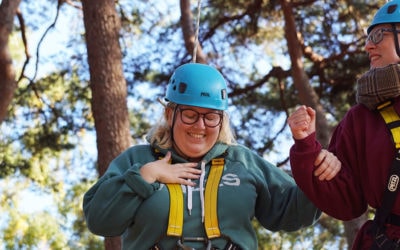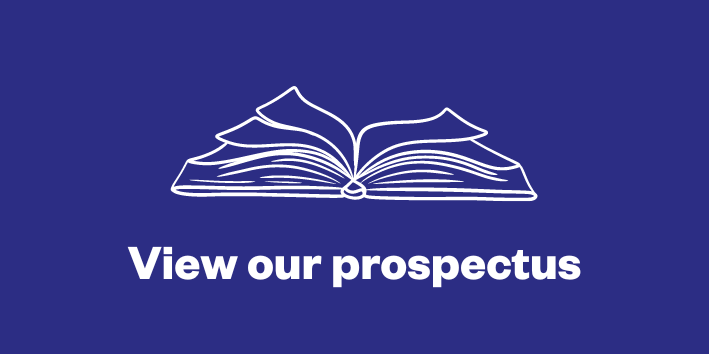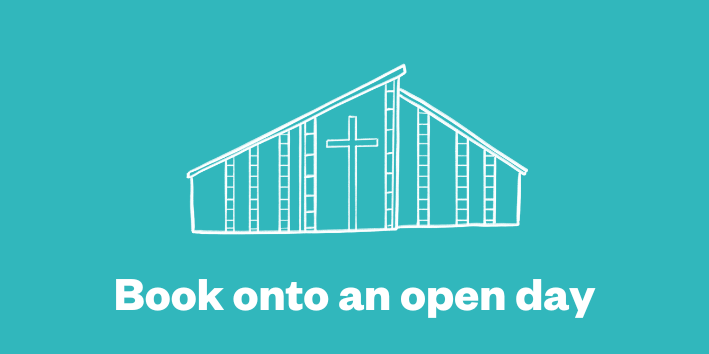Our MA in Language, Community and Development is provided as part of our School of Language and Scripture. The programme will provide you with essential tools in community-based development, linguistics, literacy and Scripture engagement and will equip you for service amongst communities across the world.
Programme duration
MA LCD 2 years full time
PGDip LCD 1 year full time PGCert LCD 6 months full time
In partnership with:
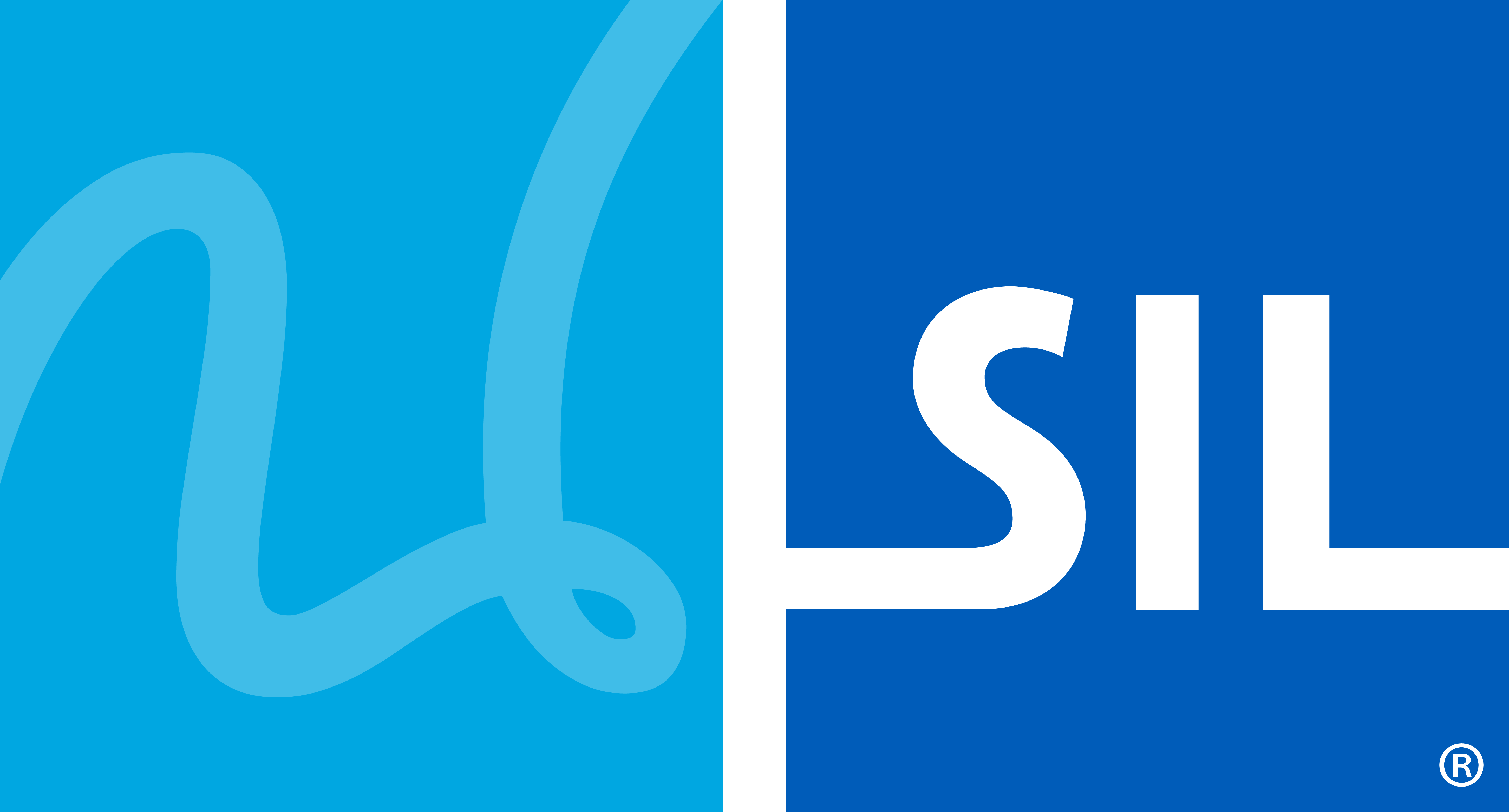
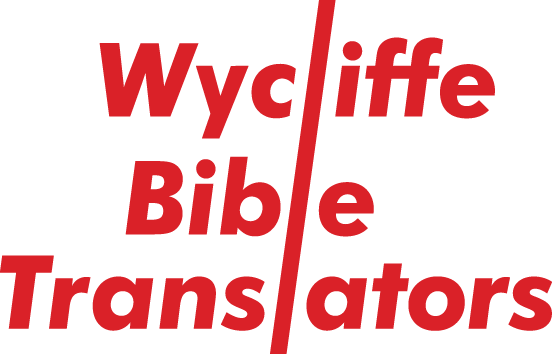
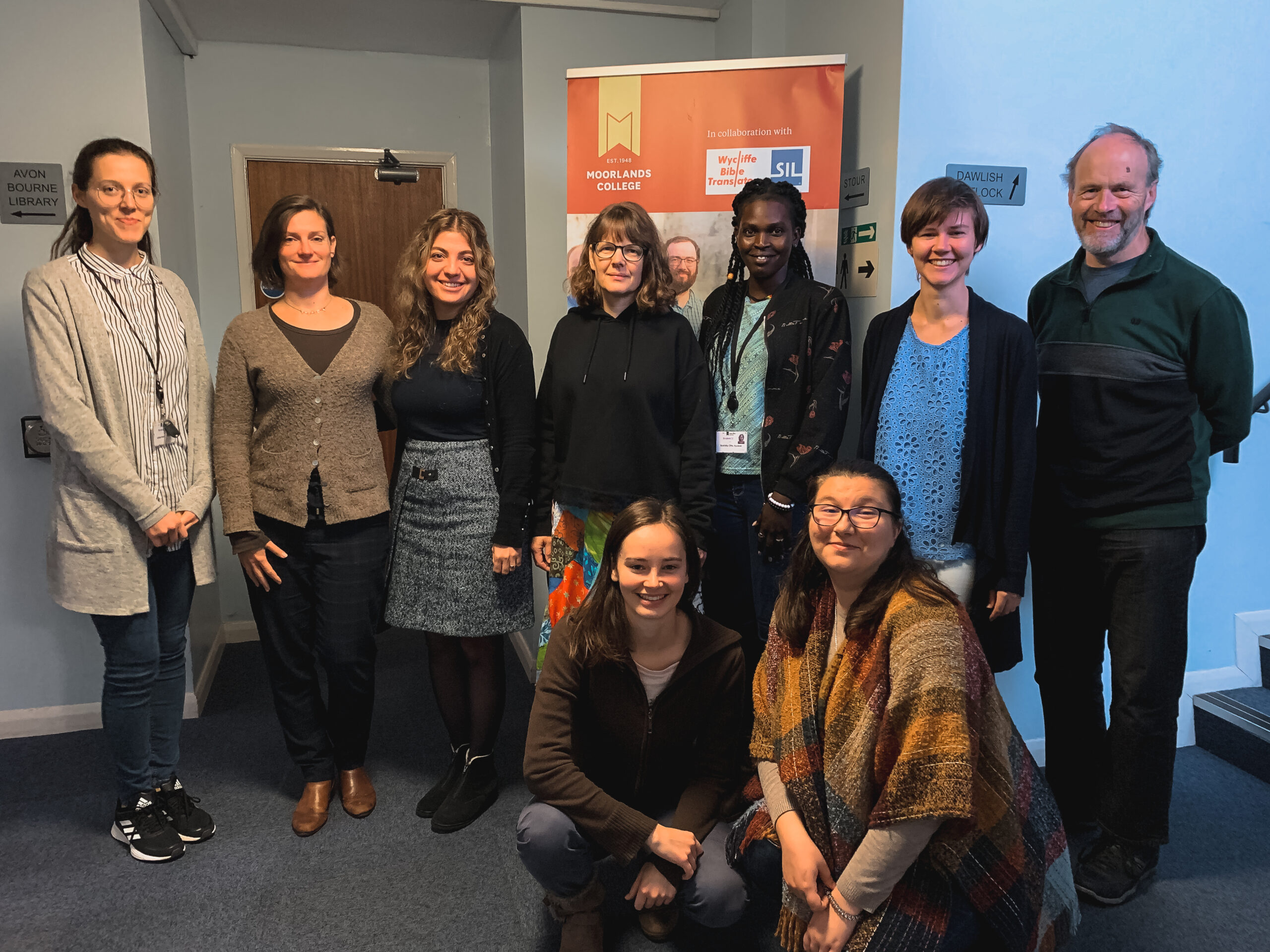
What is the School of Language and Scripture?
The School of Language and Scripture (SLS) is a collaboration with Wycliffe Bible Translators, training people to work with marginalised communities, to see lives transformed through a relationship with God and his life-changing Word. At the heart of the School’s activities is the MA Language, Community and Development, a programme providing and enhancing the essential tools for community-based development, linguistics, literacy, Bible translation and Scripture engagement.
Find out more about our School of Language and Scripture here.
Programme content
The MA in Language, Community and Development* has three stages:
- Postgraduate Certificate
- Postgraduate Diploma
- Dissertation
In order to get the most from the programme, we recommend you initially register for the Postgraduate Certificate then work in a professional internship, exploring language and development issues within a new community and culture, before returning to reflect on your experiences as you complete the Masters programme.
However, if, for example, you have already had substantial experience working in a cross-cultural context, you can choose to register for the full MA.
For more information, please have a look at our ‘Helpful Links’ below.
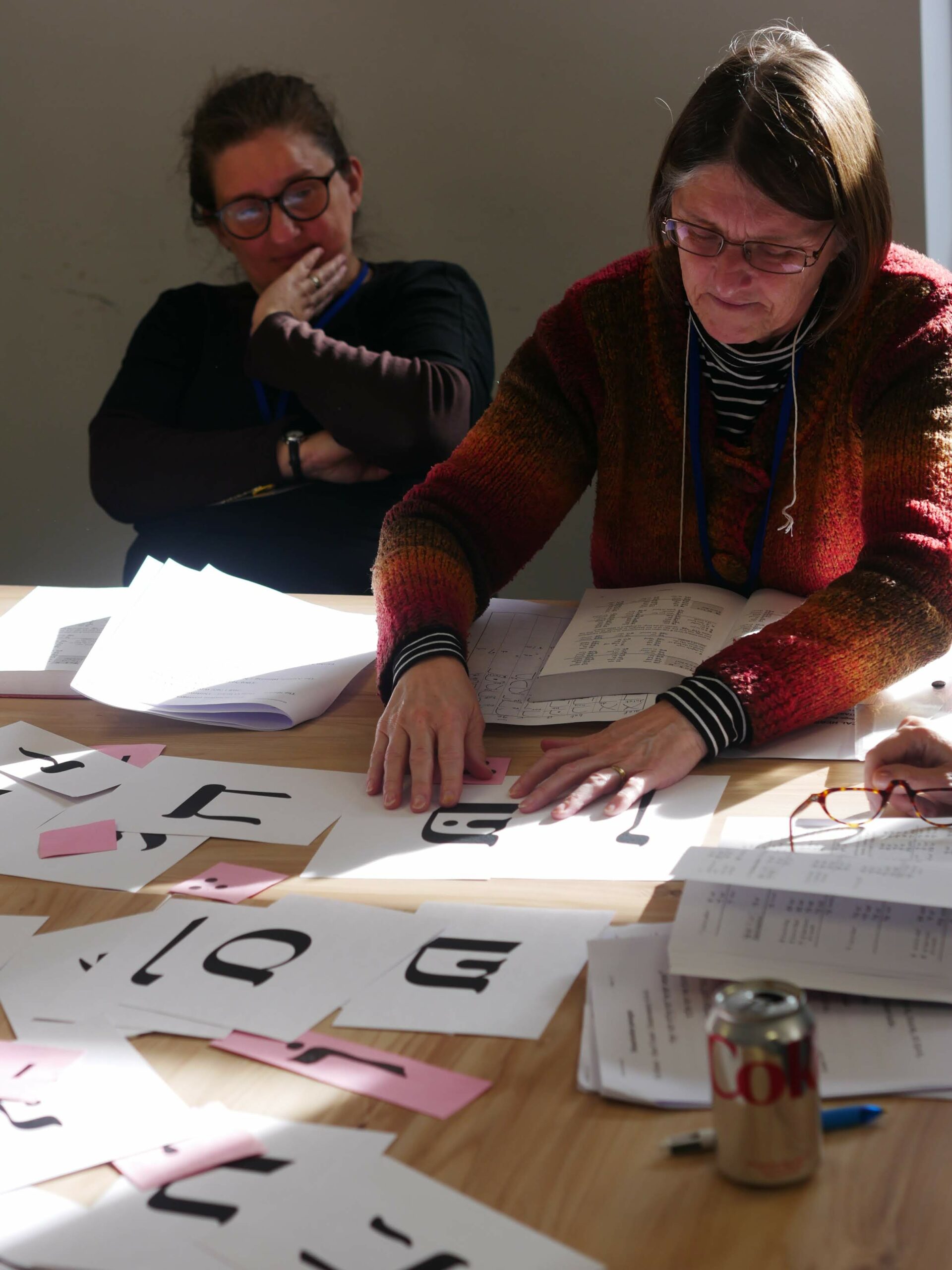
The Postgraduate Certificate runs from August – February. During this time, you’ll be introduced to the complex interactions between language, culture, community and development issues. The first modules focus on how to ‘learn’ a new language and culture and how to work well within cross-cultural contexts. You’ll have the opportunity to work in teams and reflect on your own contributions, and to develop practical skills and tools in a mentored environment. In the remaining modules, you’ll develop foundational skills to work in a particular professional area, whether linguistics and Bible translation, Scripture engagement, literacy and community development, or language project management.
Application deadlines:
If your formal education does not meet the entry requirements, but you have experience and non-certificated learning to the appropriate level, or you wish to enter at a level other than the first year of study, please submit a Recognition of Prior Learning (RPL) application.
You will also need to supply evidence to support it.
Please do get in touch with us if you have any questions, we will be happy to guide you through the process.
If you need to submit an RPL application, you should apply for the course and RPL by May, otherwise please submit your application by 30th June 2024.
If you have missed these deadlines please get in touch with the admissions department for further advice on admissions@moorlands.ac.uk
For more information, please have a look at our ‘Helpful Links’ below.

The Postgraduate Diploma stage runs from February – July. Throughout the Diploma, you’ll have the opportunity to reflect on your own cross-cultural experiences and integrate them with theoretical insights into language and culture. The first module focuses on anthropological and sociolinguistic aspects of language, culture, identity and development. After this, you’ll have a choice of modules through which you can more deeply explore a specialised professional area.
If your formal education does not meet the entry requirements, but you have experience and non-certificated learning to the appropriate level, or you wish to enter at a level other than the first year of study, please submit a Recognition of Prior Learning (RPL) application. You will also need to supply evidence to support it. Please do get in touch with us if you have any questions, we will be happy to guide you through the process.
If you need to submit an RPL application, you should do so by December, otherwise please submit your application by January.
If you have missed these deadlines please get in touch with the admissions department for further advice on admissions@moorlands.ac.uk
For more information, please have a look at our ‘Helpful Links’ below.
Dissertation: For the Dissertation (L90) stage, you’ll embark on the final component: an 18,000 word dissertation. This involves researching and writing about a topic of your choice related to language, communities and issues of development. It offers the option of expanding on your specialised area of study, such as an analysis of linguistic aspects of a specific language, or an exploration of language-related development issues for a community with which you have experience. You’ll be allocated a supervisor appropriate to your field of research who provides you with ongoing support and guidance throughout the process of research and writing.
* validated by the University of Gloucestershire
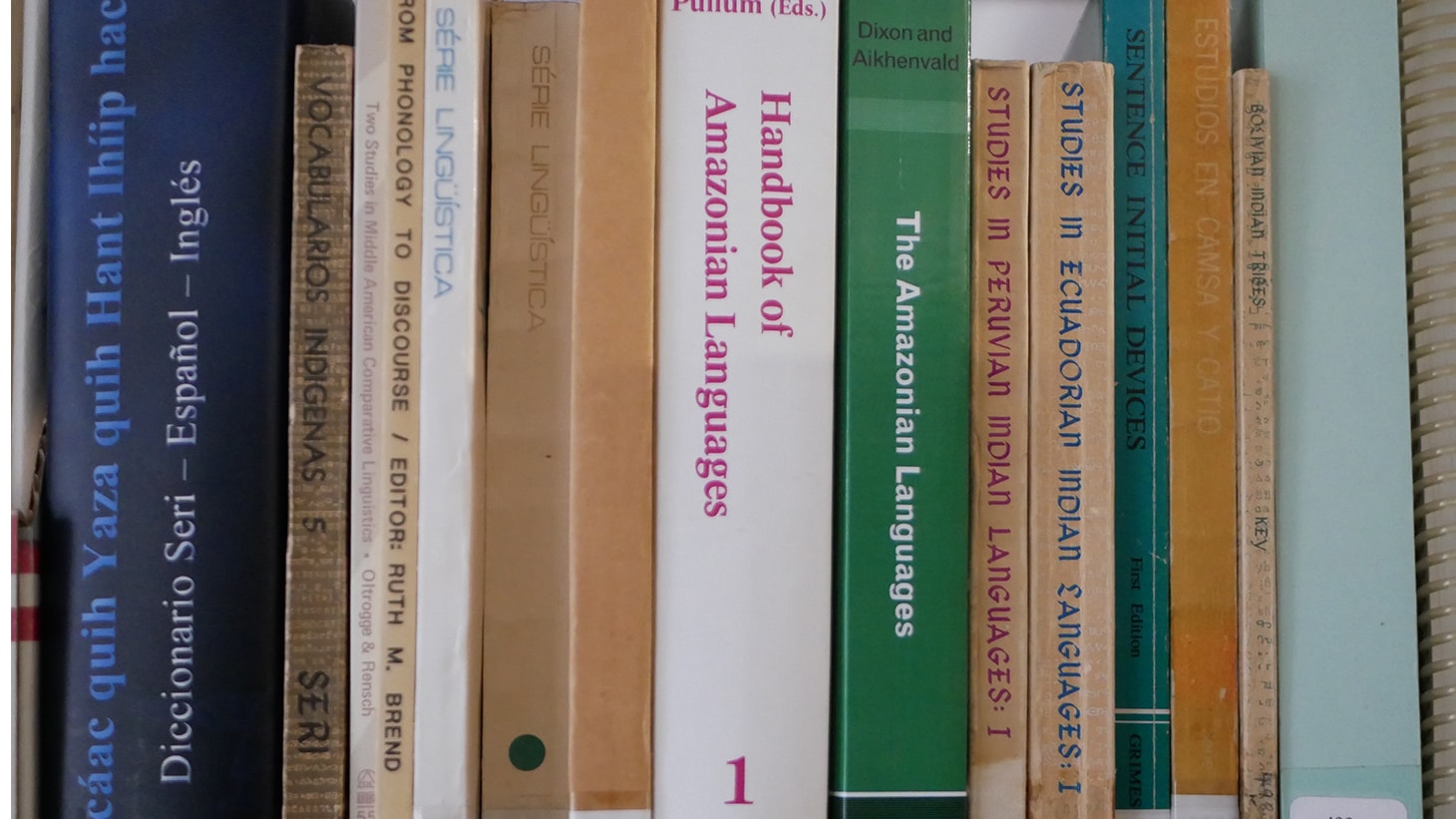
Assessment and feedback
Assessment of learning is achieved through a variety of tasks, including exams, portfolios and presentations, but the majority are standard written assignments. These vary in nature: some require reflection on the student’s own practice or development, and some are more theoretical in their orientation. Most modules have one or two summative assessment tasks which are marked by the relevant module tutor and are returned, together with written feedback, within four weeks.
Timetable
Delivery of the taught components of the MA is in a classroom setting, typically 9am-5pm, Monday-Friday for the duration of the semester. Each semester has at least 1 week of non-teaching.
Fees
- Visit our Fees and Finances Page
*Funding may be available for certain students on this programme. Contact the Admissions department for more information.
Application deadline
We look forward to receiving your applications by
30th June 2024.
If you have missed this deadline, please get in touch with the Admissions department for further advice on admissions@moorlands.ac.uk
Entry requirements
Postgraduate MA programme
- An Honours degree at 2:2 or above. If your highest level of formal education was taken outside the UK, please see The University of Gloucestershire’s website, our Information for International Students and our Admissions policies including Selection Criteria.
- GCSE in English (Language or Literature) at grade C or above, or equivalent, or an IELTS Academic Certificate with an overall score of 6.0 with at least 6.0 in each of reading and writing, or equivalent from a different testing system.
- An appropriate understanding of, commitment to and suitability for the range of vocations for which these studies prepare you.
- Prior learning, including the learning outcomes of the programme that you have achieved, and other relevant qualifications and experience, including evidence of how your studies have remained current.
- A capacity to benefit from the study of practice, as part of your continuing professional or vocational development.
- Sufficient academic ability.
If your formal education does not meet the entry requirements, but you have experience and non-certificated learning to the appropriate level, or you wish to enter at a level other than the first year of study, please submit a Recognition of Prior Learning (RPL) application. You will also need to supply evidence to support it.
Please do get in touch with us if you have any questions, we will be happy to guide you through the process.
Apply now
Our programmes are validated by

Diploma of Higher Education Applied Theology (Youth Studies)
Our Diploma of Higher Education Applied Theology (Youth Studies) is a two year programme that equips you to work with young people from the...
